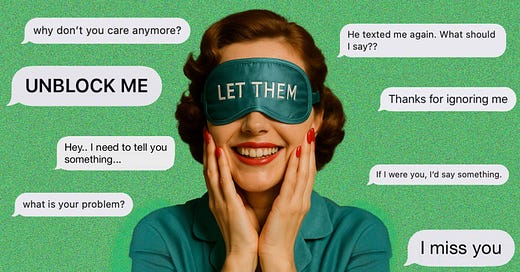
Two decades ago, the dawn of social media and the increasing ubiquity of smartphones catalyzed a fundamental shift in how human beings relate to each other. It wasn’t all bad: At their best, these new technologies fostered connection, communication, and creativity on an unprecedented global scale. But they also rendered visible an entire category of expression that was once kept private—the kind of thing we used to say only in the company of intimate friends or secretly scrawl in the pages of a diary. To scroll Twitter or Facebook is to literally read other people’s minds—or at least the closest we’ve been to doing this in the several thousand years of human history.
And yet: Instead of ushering in a golden age of human understanding, the transparency of social media has rendered us ever more anxious, more unhappy, more suspicious. The more time we spent on social media, mainlining the thoughts that used to live in the impenetrable darkness of other people’s minds, the more we were consumed by a paradoxical fear of all the secret terrible things they must be thinking and not saying. And what we do know, we’re tormented by—because with knowledge comes the sense, however misguided, of obligation.












